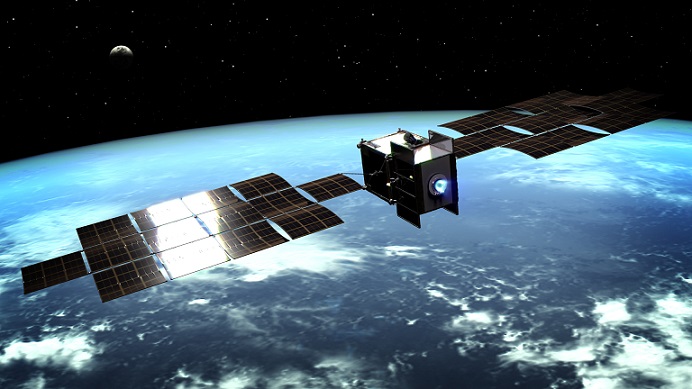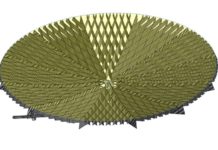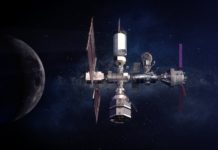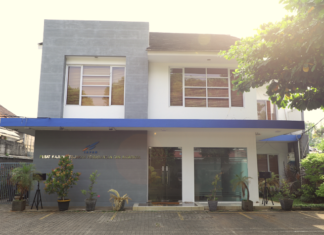Today, Japan’s space agency the Japan Aerospace Exploration Agency (JAXA) announced the details of a new mission to study interplanetary dust, scheduled to launch in 2022 via JAXA’s Epsilon rocket.
Known as Demonstration and Experiment of Space Technology for INterplanetary voYage (DESTINY), the mission will conduct a flyby of the asteroid 3200 Phaethon, along with a second extraplanetary body which is yet to be decided. The mission will last an estimated 4 years, and will include a flyby of the moon.
The main objective of DESTINY is to study interplanetary dust, much of which arrives on earth via meteor showers. As such, DESTINY will survey parent bodies of meteors, of which 3200 Phaethon is one. Phaethon was chosen because it is the parent body of the Geminid meteor shower, which occurs yearly.
JAXA believes an understanding of the origins of cosmic dust, which comes from comets and asteroids rich in water and organic matter, will provide insight into how earth can support life. In particular, DESTINY will clarify the theory that 70% of earth’s carbon is brought via interplanetary dust, instead of gas, as commonly believed. The mission will also have secondary scientific objective of studying Phaethon’s geology to understand its dust ejection mechanism.
To carry out the mission, JAXA will use a compact deep space explorer spacecraft with an electric propulsion system, which it hopes will demonstrate an ability to conduct space exploration at low cost. Weighing approximately 480kg, it will carry a telescopic camera, multiband camera, and a dust analyzer developed by Stuttgart University.







